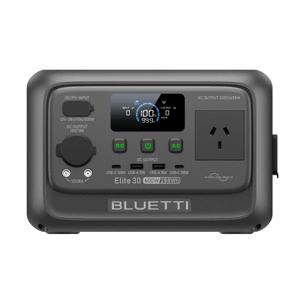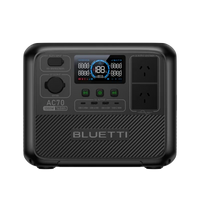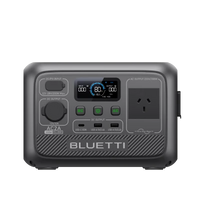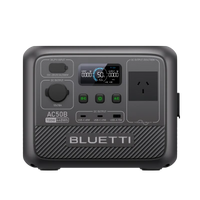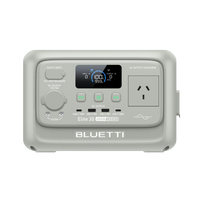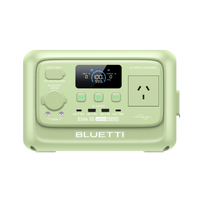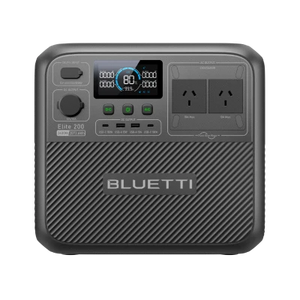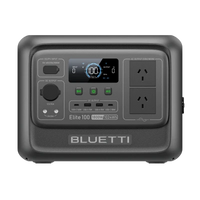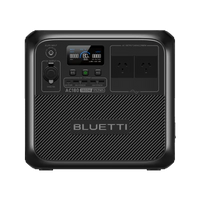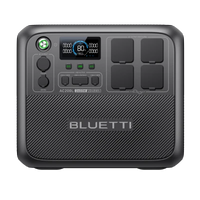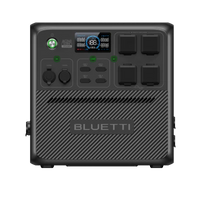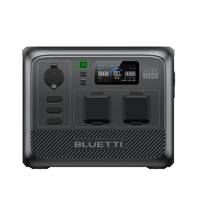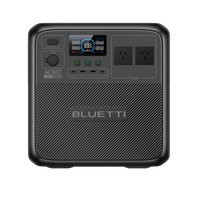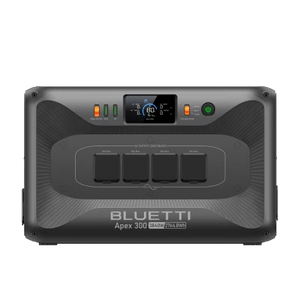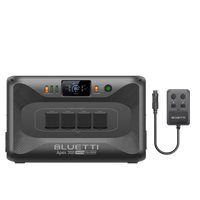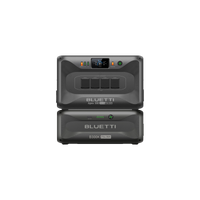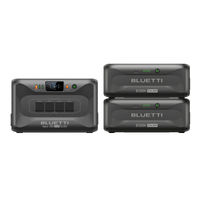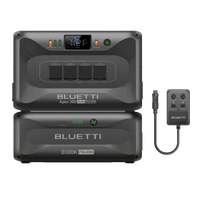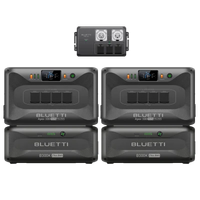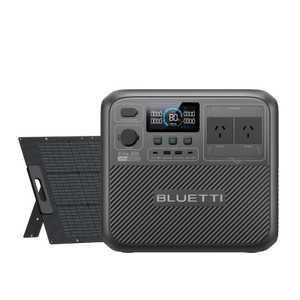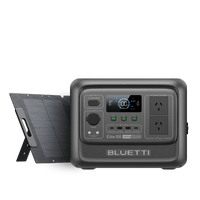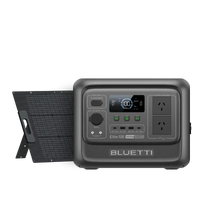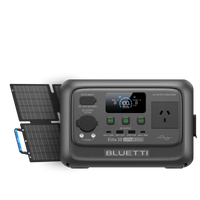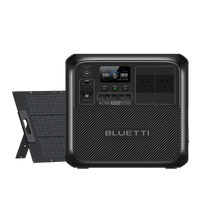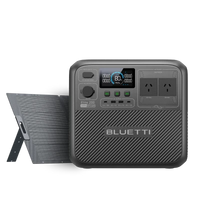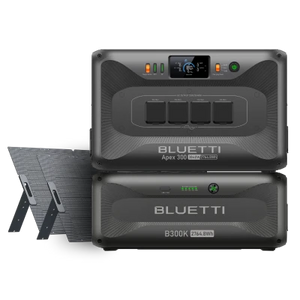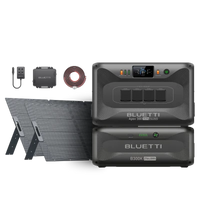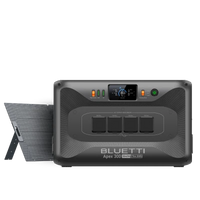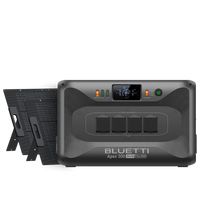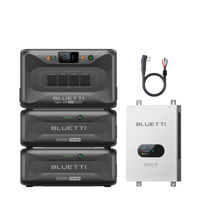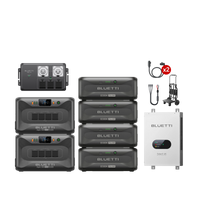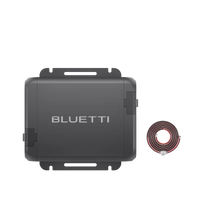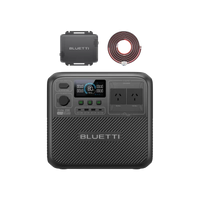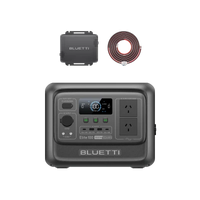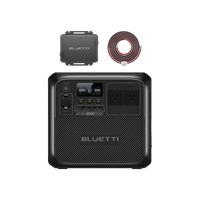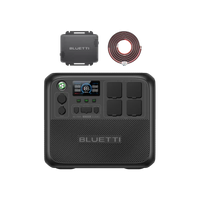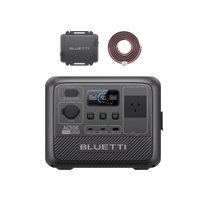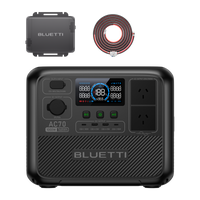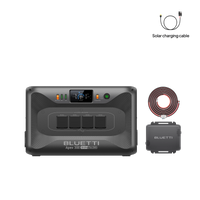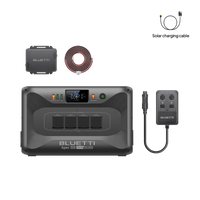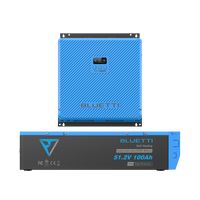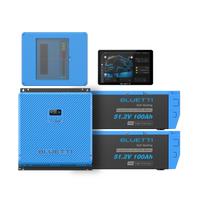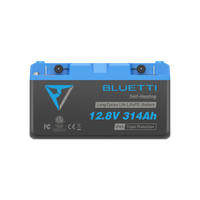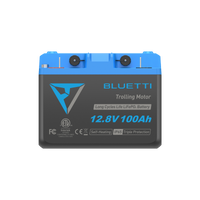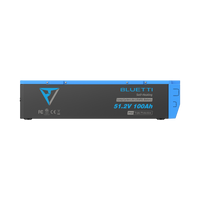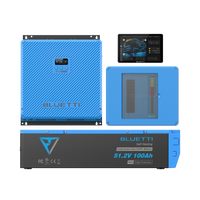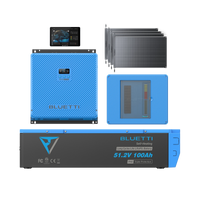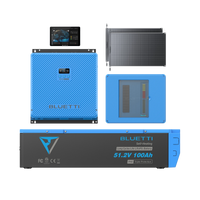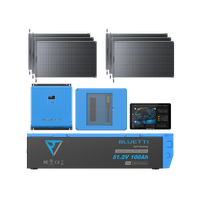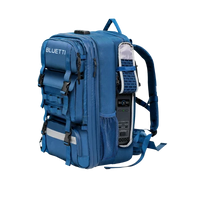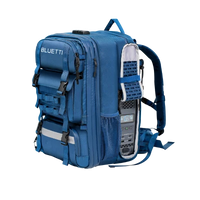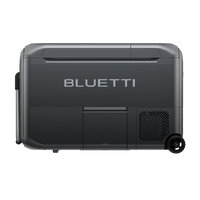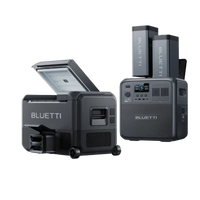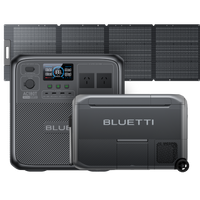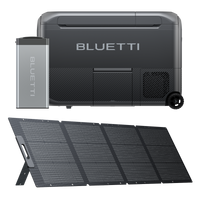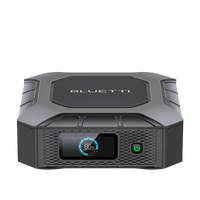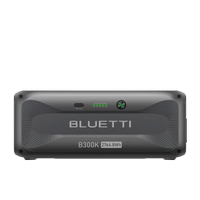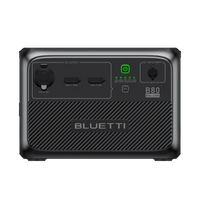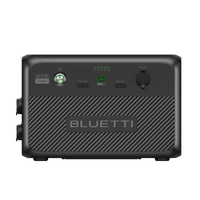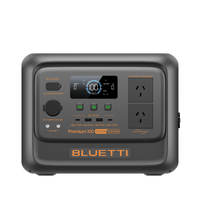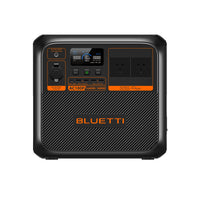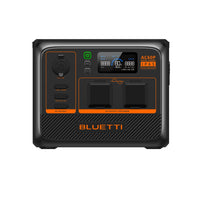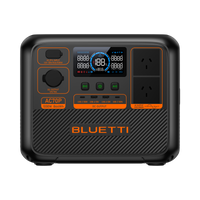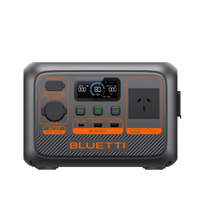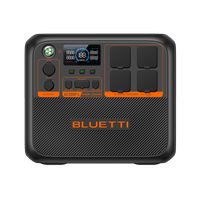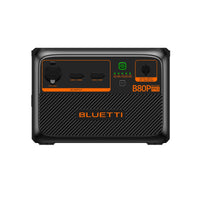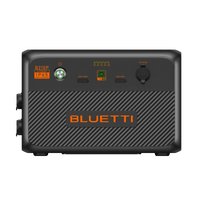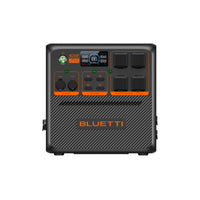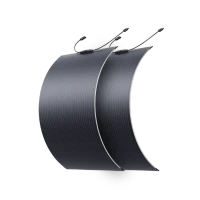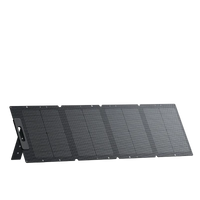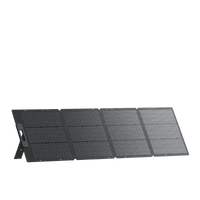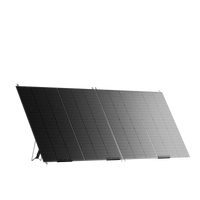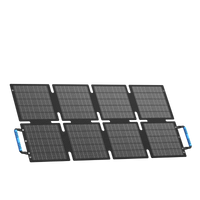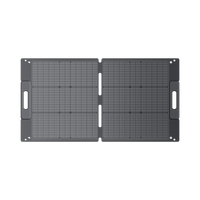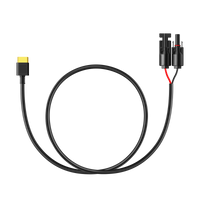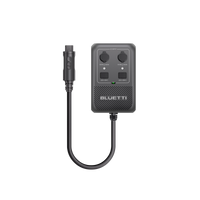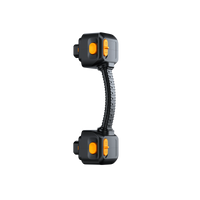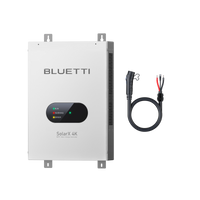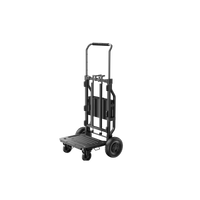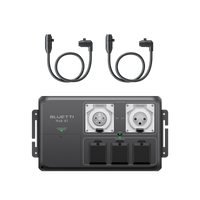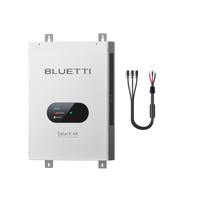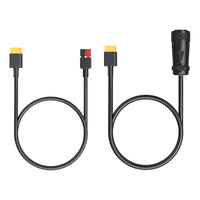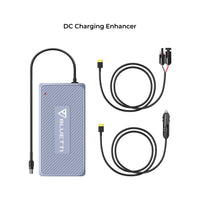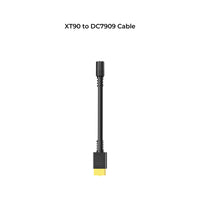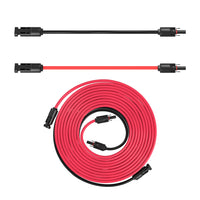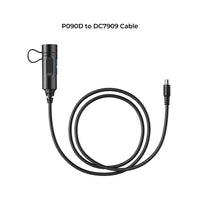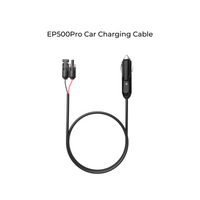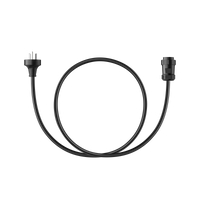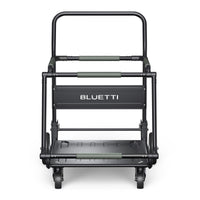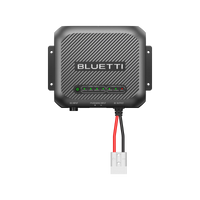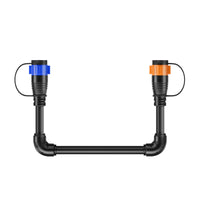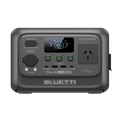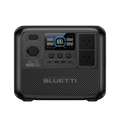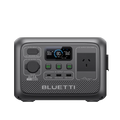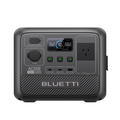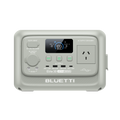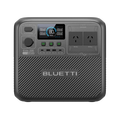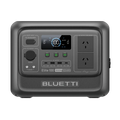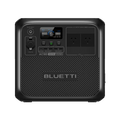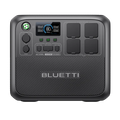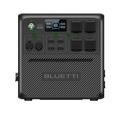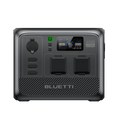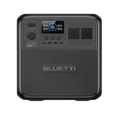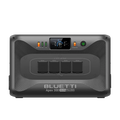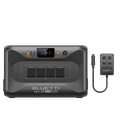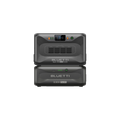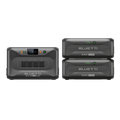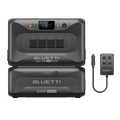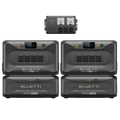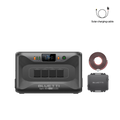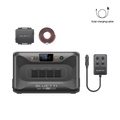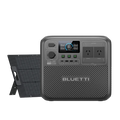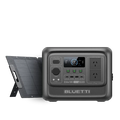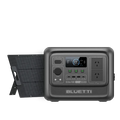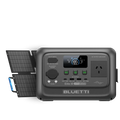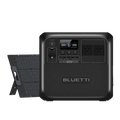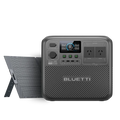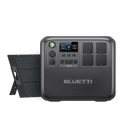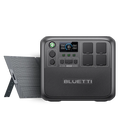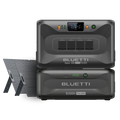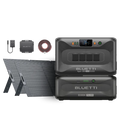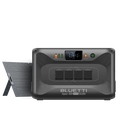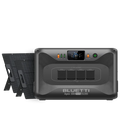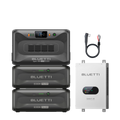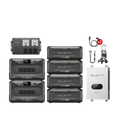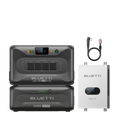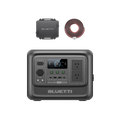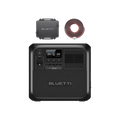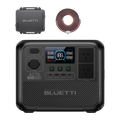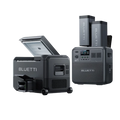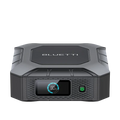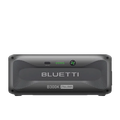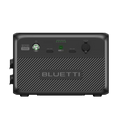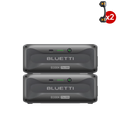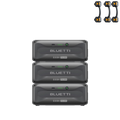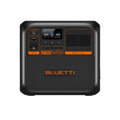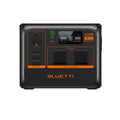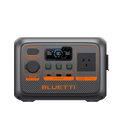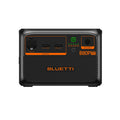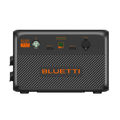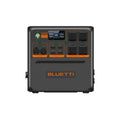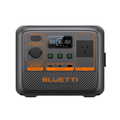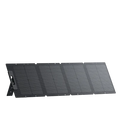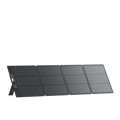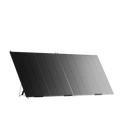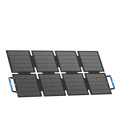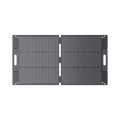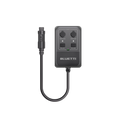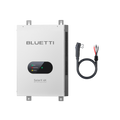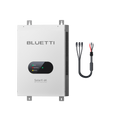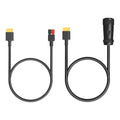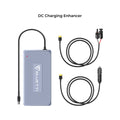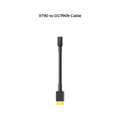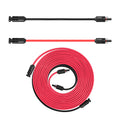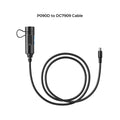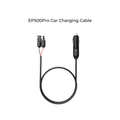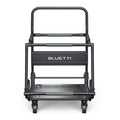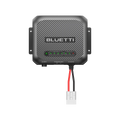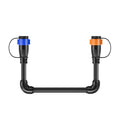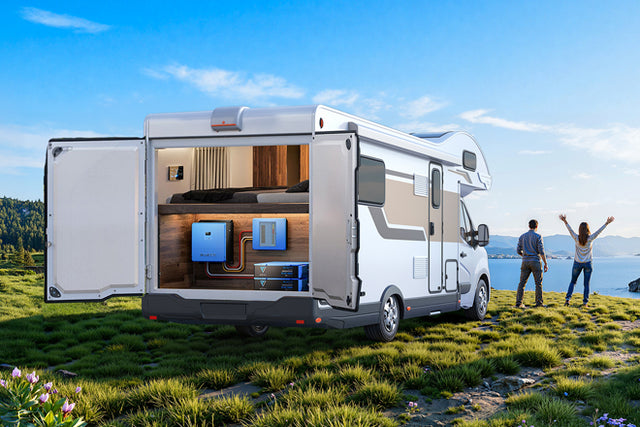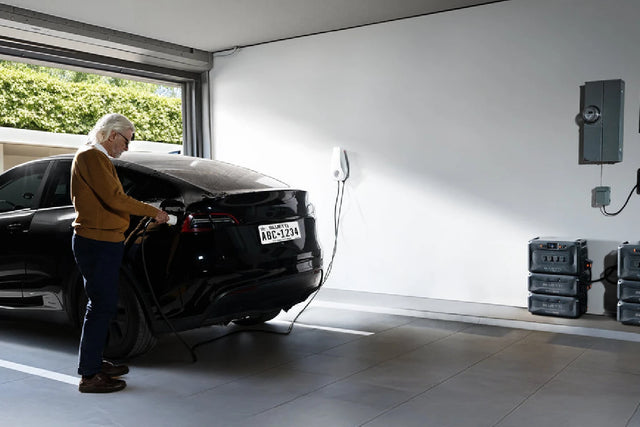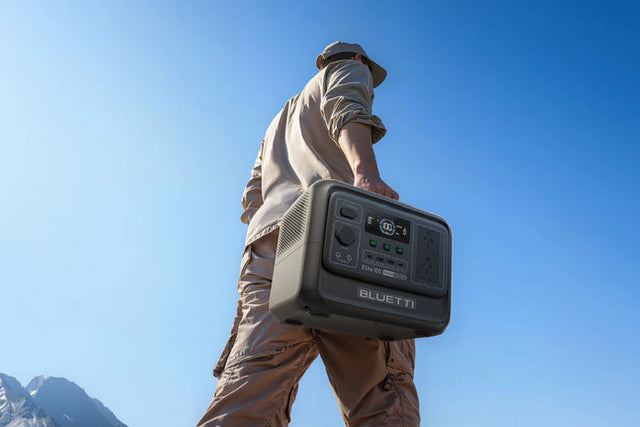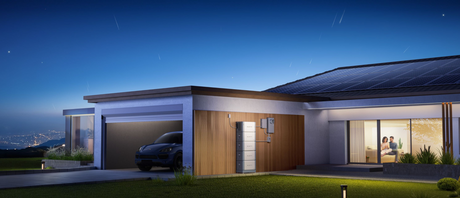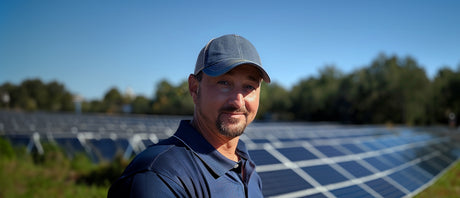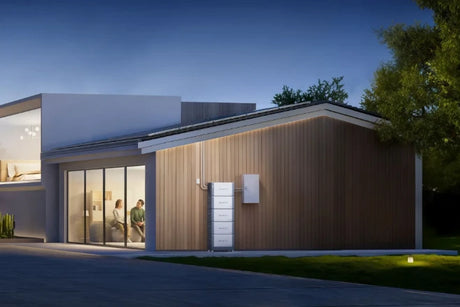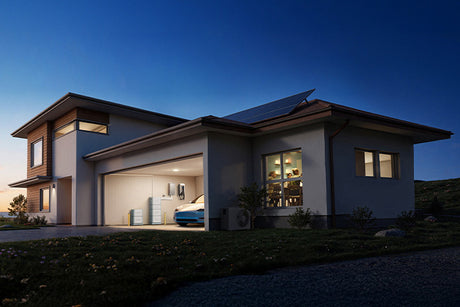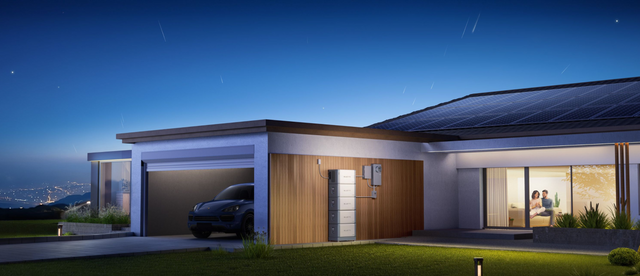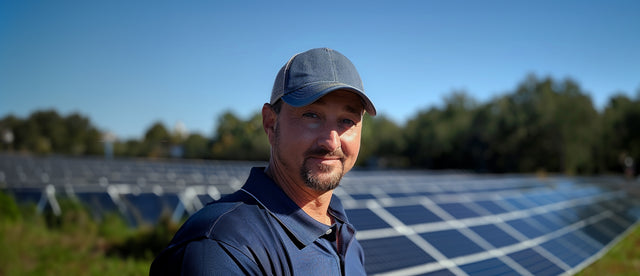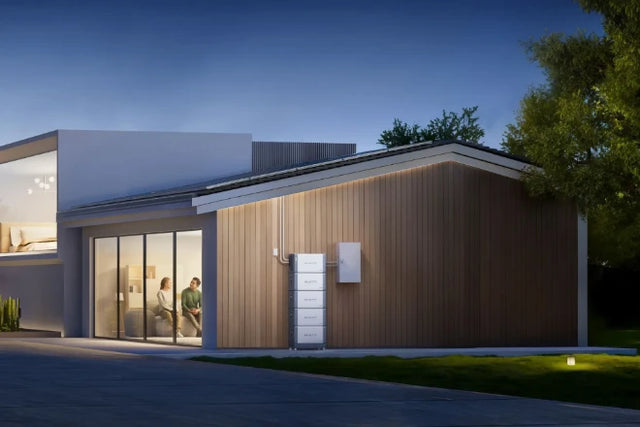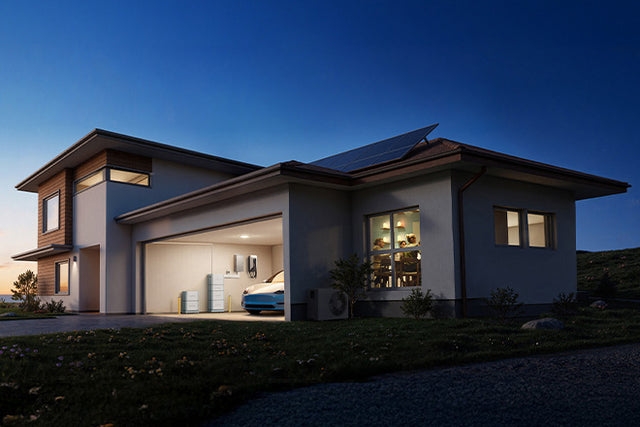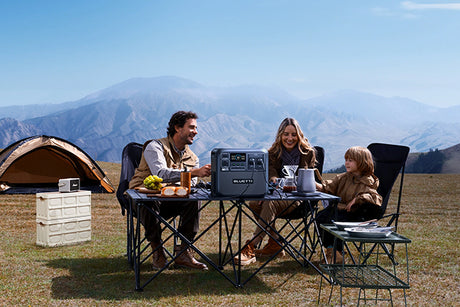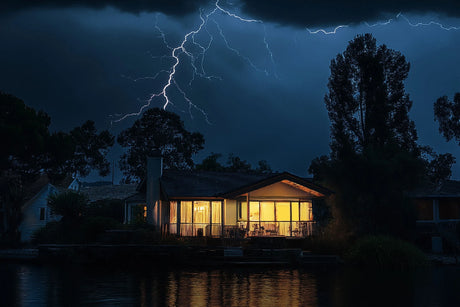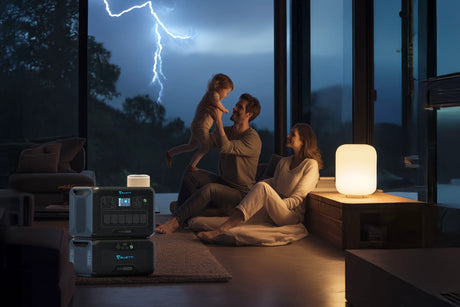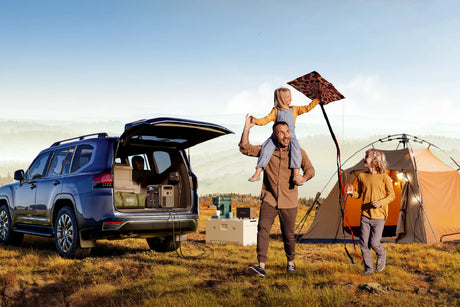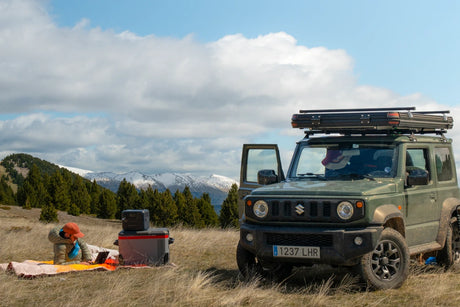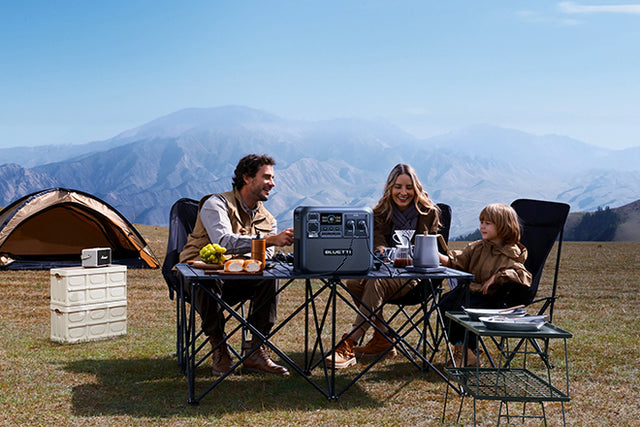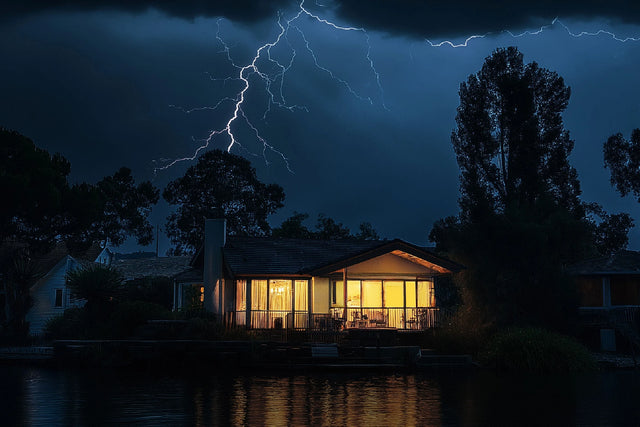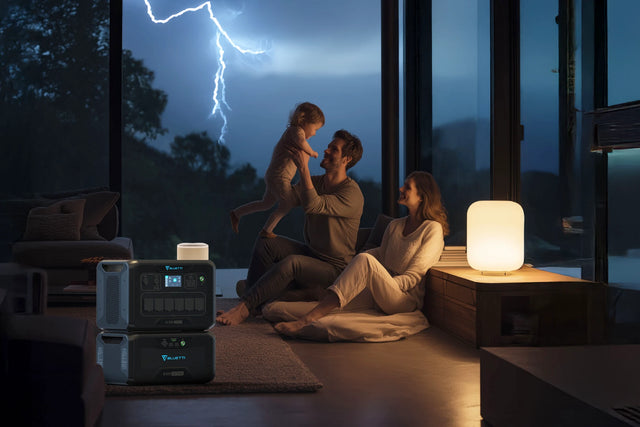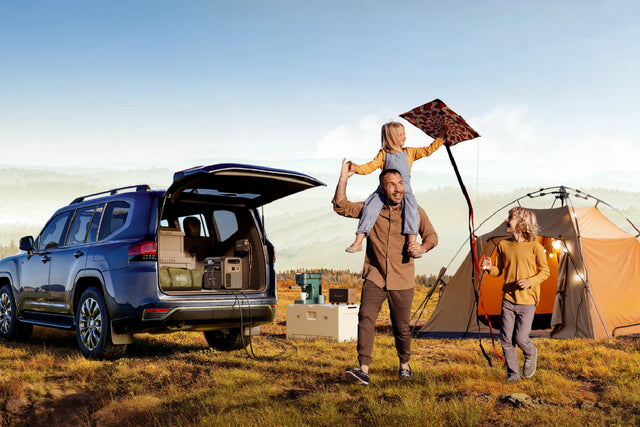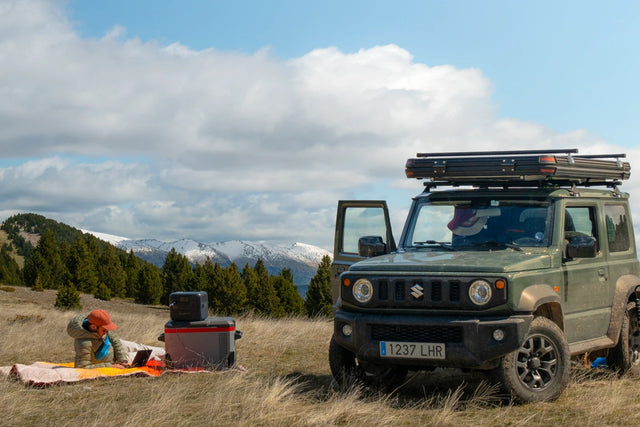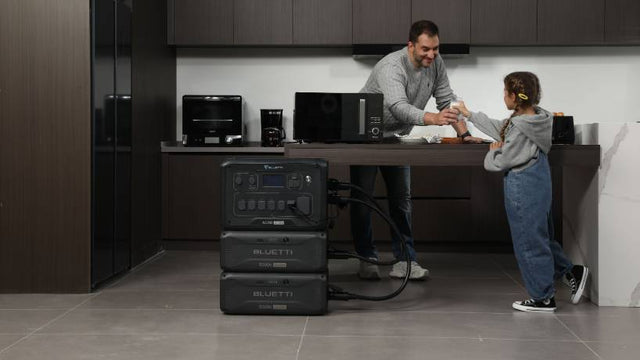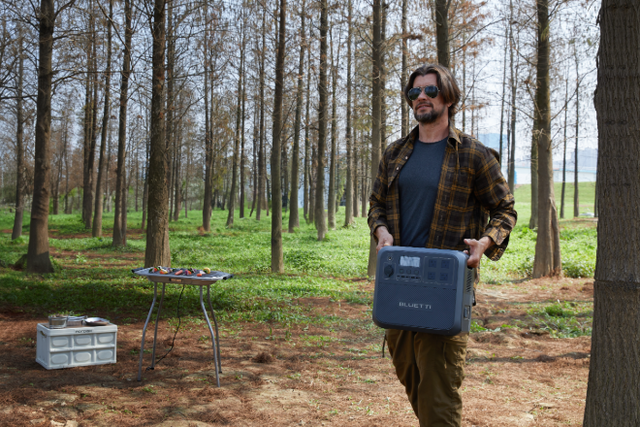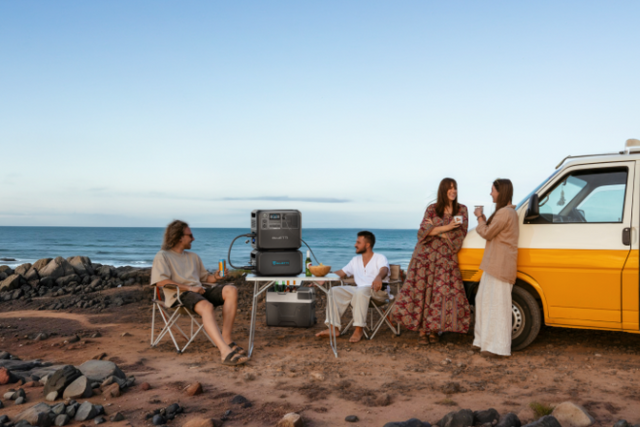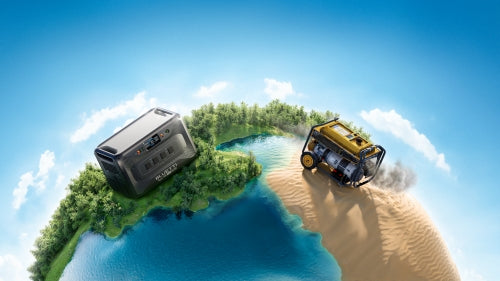12 Volt fridges are appliances that operate directly from 12V battery units found in any vehicle or RV. Most campers, RVers, van lifers, and boaters have taken a certain liking to this. Independence and convenience are really what these fridges deliver, but as it happens with any appliance, there are certain pros and cons. Some think that they are just right for their lives off-grid, while others saw some limitations that do not fit into their travel style. This is a guide that will bring out what you understand by a 12V fridge, its merits, its demerits, and whether it suits you or not.
What is a 12 Volt Fridge? Why Would You Like One?
A 12V refrigerator is a small refrigerator powered directly by the batteries from a vehicle's 12-volt electrical circuit. Instead of drawing power from a wall socket or inverter, it takes voltage from the battery, which makes it convenient for travelers.
For the RV traveler, van dweller, or boat owner, though, food preservation becomes serious business after some off-grid days-or weeks. This is where the 12V fridge becomes logical: You can pack fresh vegetables, dairy, and meats instead of dry goods or foods that need to be bought every single day.
The Advantages of a 12 Volt Fridge
Many factors draw large numbers of customers to 12V fridges, with many advantages. Let's look closely about what it means:
Safety For Food Storage
In actual fact, compressor-based 12V fridges keep on cooling food even when an outside temperature is changing. Just consider camping in Moab in July or spending the summer days moored at a coastal dock. Propane absorption fridges struggle to keep milk fresh in 100°F heat, while 12 V compressor fridges provide consistent cooling that keeps perishables safe.

This reliability might actually prove the strongest argument against the alternative. By not having to do frictional adjustments with the conditions for those travelers who passed from one place to another, they would not have to lose good food.
Zero Propane Hassles
Tanks, flame monitoring, even special ventilation systems are required for propane. The very real danger of fire accompanies them. But with a 12V fridge, that all goes away: No open flame in your rig, no checking for leaks, and no heavy tanks to refill.
This makes 12V fridges much safer for families with kids or pets. It also just frees up storage space that you would otherwise need for propane tanks. Just for that reason alone, switching to 12V fridges is a stress reliever for many van lifers.
Bigger Capacity Inside
Another good feature is storage space. The amount of tank space absorbed by cooling apparatus in an absorption unit is very little room left for food. Compressor fridges generally use more compact cooling components than absorption units, giving more usable storage space, though actual capacity varies by model.
You can fit in an extra day or two of groceries without increasing the external size of the fridge. That little extra space could be the difference when you're taking a long trip into the remotes and wouldn't need to resupply at all.
Easy to install
Another feature is easy installation. Most RVs and camper vans are designed to just drop right into a 12V fridge as a replacement, though some installations may require minor adjustments for a proper fit. Take out the old propane model, secure it snug in place, connect it to your 12V line, and you're done.
For boaters or DIY camper builds, it's a dream to set one up compared to plumbing out propane lines. Basic wiring knowledge should be able to do the trick by most owners for sure.

Energy-Efficient With Solar
12V compressor fridges are energy efficient and pair well with solar power systems. Top models have super efficiency, and often they are less than one home model running through an inverter.
The fridge is working hard at cooling stuff, while during the sunny hours, your panels continuously charge the battery. And when it comes to night, insulation is how the compressor keeps switching off and on instead of just running it all the time.
This combination of fridge and solar will enable one's lifestyle to exist as a self-sufficient environment while adventuring into boondocking or swinging out thousands of miles at sea for long periods.
The Disadvantage of a 12V Fridge
Here are some of the disadvantages of a 12V fridge that usually annoy some consumer. Let’s have a look:
Drains Ample Power from Your Battery System
The first barrier that springs to mind is energy consumption. The 12V works only on the battery bank, which will either run dry with no solar or generator in a couple of hours. There are certain arrangements that can actually score somewhat above several hours; that too is subject to run time on battery capacity, efficiency of the fridge, and ambient temperature setting. For example, the fridge may work just for a few hours on the tiny battery and switch itself off.
This means that you would have to arrange life around it. Battery drain could really be a problem for a weekend camper or someone driving intermittently. If not managed well, dead batteries may accompany one home before the end of the journey.
Upfront Costly
The price is another disadvantage. Most often, 12V fridges would cost much more to buy when compared with propane refrigerators, sometimes costing several hundred to over a thousand dollars, depending on size and features. A good one might run up to several hundred dollars, if not over a thousand, depending on its size.
That upfront price could look like an obstruction for budget-minded travelers. Some would argue that the hassle and cost savings on propane and ice would eventually make the initial price a wash.
Compressor fridge systems also have longer life and energy-efficient features to offset the high initial price over time. With less fluctuation in temperature, owners experience much less food waste and less frequent maintenance compared to propane systems. They find that long-term value more than justifies the expense-in particular, for those who trek a lot or camp in hot weather.
For the Battery
The refrigerator wouldn't work when the battery is out. There is no switching to propane or any other type of fuel for backup; perhaps a little stressful for anyone who is away from a charging point.
Battery keepers would literally try to stab in bigger batteries or some lithium units thus pulling the price far into almost any other consideration. For some people, it's actually preventing them from making usage of propane or ice coolers.
To mitigate this limitation, several RV owners opt to supplement their 12V fridges with solar panels or portable power stations, allowing for constant recharging even in an off-grid environment. Although this will add significantly to the cost of the setup, it enhances a gentleman's independence, obviating the need for propane refills or melting ice, and would thus suit an avid camper who tends to remain away from regular hook-ups.
Heat Buildup Inside
With their cooling process, compressor-style fridges expel heat, which can slightly increase the already high ambient temperature in small enclosed spaces such as vans and boats. In summer, they keep the entire cabin warmer by strangling the AC a bit.
This may not be a deal breaker, but a factor all the same. Positioning the fridge in a corner with cool airflow, or even utilizing small fan-type devices, will help minimize the load.

A Bit Noisy
Compressor fridges produce a low humming noise during operation, whereas propane absorption fridges are silent due to having no moving parts. It is generally quiet during the night, making it unlikely to wake anyone except for the lightest sleeper.
Some brands are quieter than others; a lot of their owners simply get used to it and place their fridges away from their beds, or wear earplugs. However, if utter silence is a priority for you, it would probably tip the scales toward a propane fridge.
Many of the new-generation compressor refrigerators are designed with more advanced insulation and vibration-dampening systems, and the types of compressors they feature are variable-speed compressors, which make for quieter operation. Under real-world situations, the noise level is usually similar to that of a small refrigerator in a house and fades into the background noise of normal RV or camper activity. For most travelers, the tradeoff of a very faint hum compared to great cooling performance is well worth it.
Is 12V Fridge-Suits You?
The worth of the 12V fridge pretty much depends on someone's style of living.
Fits in:
-
Have solar panels or improved batteries
-
Want to cool at all times without the worry of propane
-
Travel in hot and humid places
Possibly miss:
-
Camp without hookups and have a limited battery
-
Need super silent while you sleep
For users prioritizing fresh food storage and off-grid independence, 12V fridges offer significant benefits, though this depends on individual needs and power management capabilities. However, if yours are short, infrequent, or limited by power considerations, better stick with a propane fridge or cooler.
BLUETTI 3-in-1 Fridge Freezer
The BLUETTI 3-in-1 MultiCooler combines a fridge, a freezer, and an ice maker into one unit. This multifunctional design means that a camper, RV owner, or boater could chill groceries, freeze meat, and make ice for drinks using one appliance.
Adjustable compartments switch between fridge and freezer, providing flexibility for different trips. It operates quietly without disturbing at night, and energy-saving modes help conserve battery. Its rugged construction ensures durability in the outdoors, thus making it a strong competitor in this very serious off-grid adventurer.

Quick Pros and Cons Table
Here is the quick table of pros and cons of a 12V fridge for your convenience:
|
Pros of 12V Fridge |
Cons of 12V Fridge |
|
Reliable cooling |
Higher power use |
|
No propane needed |
Higher upfront cost |
|
More storage space |
Can add heat inside |
|
Simple install |
Needs good battery setup |
|
Works with solar |
Some compressor noise |
FAQ
How long can a 12V fridge run on my battery?
It depends on battery bank size, efficiency of the fridge, and energy managing method. A small lead-acid battery might power a fridge only for 6-8 hours before its charge gets too low too. A large lithium setup, on the other hand, can run for days. The insulation of the fridge also matters: better insulated units cycle less frequently and save energy.
Will solar keep a 12V fridge running off-grid?
Solar panels paired with an adequate battery bank can recharge batteries during the day to sustain 12V fridge operation off-grid. Generally, a 200-400 watt solar system paired with a good battery bank will take care of heavy continuous load.
Are 12V fridges quieter than propane?
Not really. Propane absorption fridges are silent, with no moving parts. A 12V compressor fridge, however, makes a noise: a humming noise when it cycles on and off. Most travelers perceive it as background noise somewhat comparable to a small household fridge.
Can I install it myself?
Yes. Usually, all installation processes go quite easily. If you already have a 12V system installed, it's just a matter of wiring the fridge to a power source and securing it in place. Vans and boats are usually cabinets built around the fridge to hold it stable during driving for a DIY installer.
How to avoid battery draining?
The best strategy is a layered approach. In the first place, an appropriately sized bank of batteries suitable for the load should be established. Secondly, solar panels have to be installed to recharge the batteries during the day, and energy-efficient practices like minimizing the opening of the fridge door and stocking it are also advantageous since fridge loads retain cold better when full.
Shop products from this article
Be the First to Know
You May Also Like
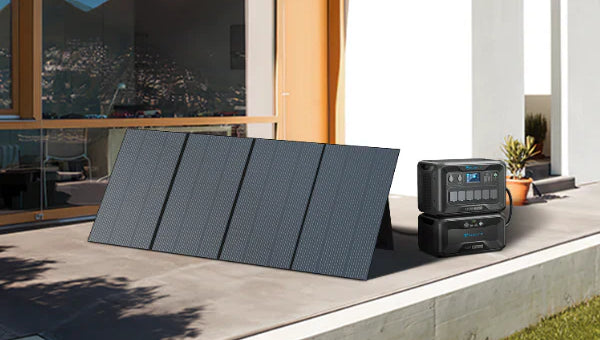
Here’s how to clean solar panels on roof the right way. Learn about DIY options, costs, and what to avoid to get the most out of your investment in solar.
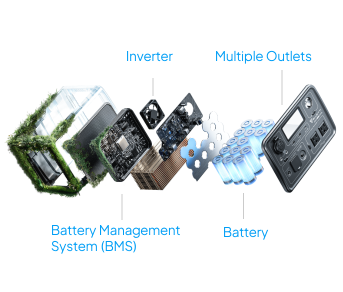
Looking for a reliable power pack for camping, travel or phone charging? Discover the best lithium power packs for all your needs, including BLUETTI’s EB3A, AC2A and AC50B.
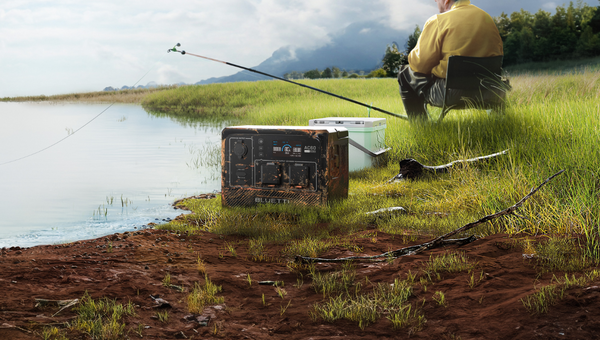
Discover what IP ratings are and how to select the ideal protection degree for phones, power stations, outdoor equipment, and industrial devices.
